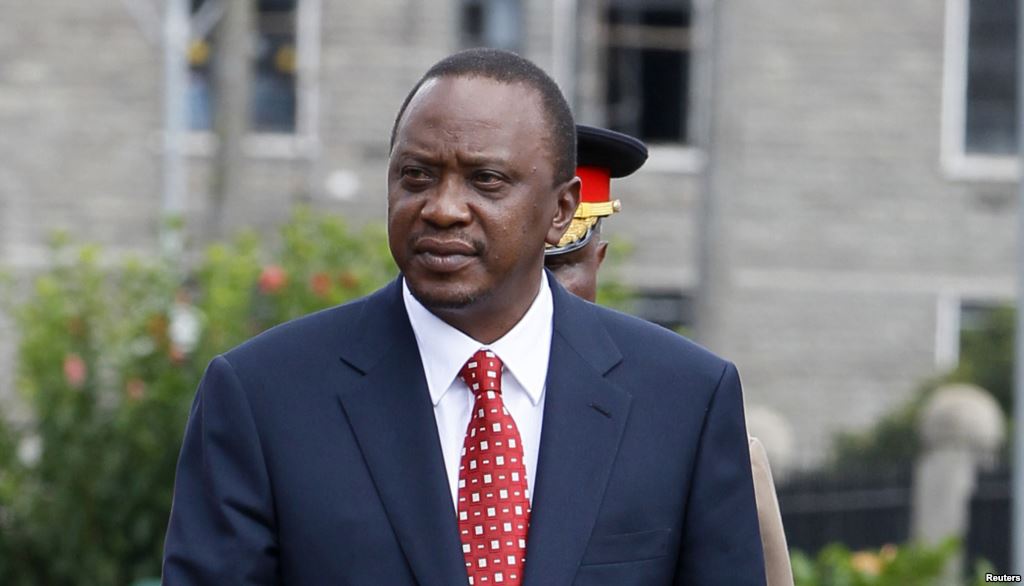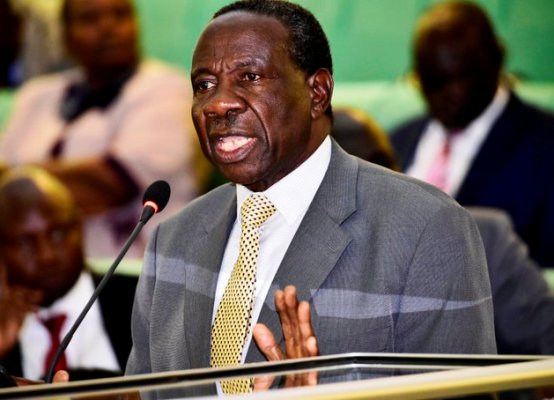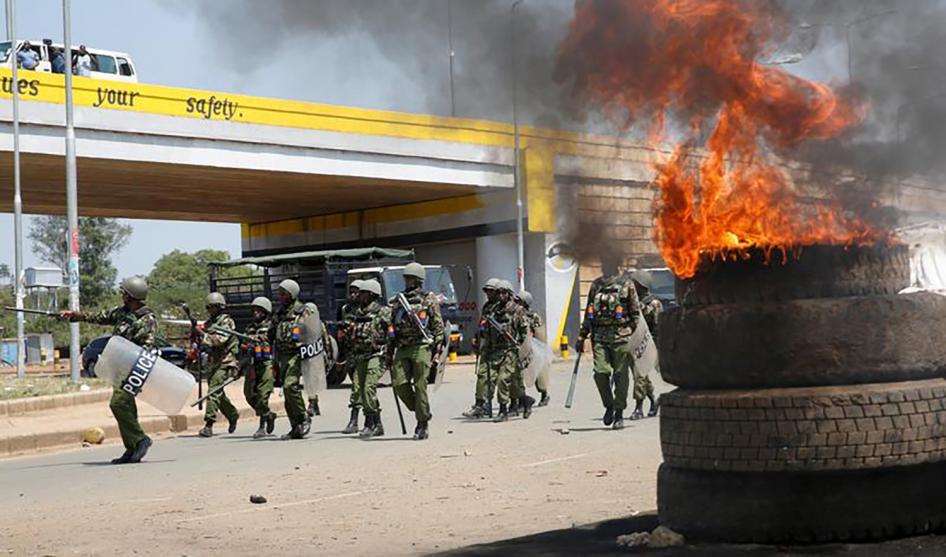Kenya has intensified lobbying among peers to gain a seat on the UN Security Council. The seat will provide an avenue “to our rightful place as a responsible member state of the united states”, it argues, Daily Nation reports.
Ahead of the official launch for the bid in June, Kenya has been lobbying peers in the African Union to support Nairobi’s campaign to focus on issues affecting the developing world.
At state events, Kenyan officials have lobbied visiting dignitaries and made the same plea during President Uhuru Kenyatta’s visits abroad.
SECRET BALLOT
Foreign Affairs PS Macharia Kamau says Kenya’s entry into the UN’s most powerful body will help Nairobi focus on climate change, sustainable development and the region’s security.
“This government has been trying to do things that are exemplary to the world. Taking this leadership in the world is a very rare thing in the developing world,” he told the Nation.
“Our focus, of course, will reflect the times that we live in. When we were there a generation ago, we were a least developed country. We were a country that really did not have its own focused vision and its own capabilities and institutions built up.”
The UN Security Council is the global organisation’s most powerful agency. It has five permanent members (the US, the UK, France, China and Russia) and 10 non-permanent members who serve two years each in rotation.
Traditionally, the five permanent members call the shots on issues affecting world peace and security, and can veto a substantive decision of, say, authorising the invasion of a country.
There will be two seats up for grabs for Africa when the General Assembly convenes in New York in September.
Non-permanent members, though, use their election, done through secret ballot by member states, to increase prestige and gain a voice to speak on issues affecting their regions, even though they might not necessarily have a vote on substantive issues.
TWO-THIRDS
Kenya has been a non-permanent member before, in 1973 and 1997. On both occasions, its focus was on peaceful resolution of conflicts and it campaigned for the self-determination of countries seeking independence.
“It has demonstrated its capabilities in regional, continental and global international relations. We have brought peace to our region by engaging in ways in which we have shown that we are a very capable country to help countries create peace and stability for themselves,” the PS said.
But the focus for Kenya this time is climate change and sustainable development. A brochure on the country’s candidature by the Ministry of Foreign Affairs indicated these are the two key areas where the global powers have failed to take leadership.
“Kenya must not sit back and hope for the best. Kenya, like other progressive states, needs to be active, strategically vigilant, situationally agile and invest continually in its stock of foreign policy.
“This informs Kenya’s preoccupation to lobby the international community to urgently put mechanisms in place to reduce carbon pollution and prepare for the consequences of global warming which we are already experiencing.”
To win the vote, Kenya will have to garner a two-thirds majority. But the harder part could be influencing the council’s decisions.





